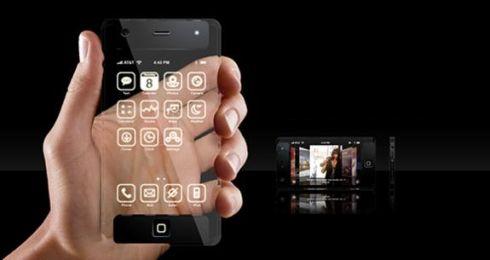The iTunes Store (introduced 29 April 2003) is an online media store run by Apple and accessed via iTunes. Since no other portable player supports the DRM used, only iPods can play protected content from the iTunes Store. The store became the market leader soon after its launch[11] and Apple announced the sale of videos through the store on 12 October 2005. Full-length movies became available on 12 September 2006.[12]
Purchased audio files use the AAC format with added encryption. The encryption is based on the FairPlay DRM system. Up to five authorized computers and an unlimited number of iPods can play the files. Burning the files onto an audio CD, then re-compressing can create music files without the DRM, although this results in reduced quality[citation needed]. The DRM can also be removed using third-party software. However, in a deal with Apple, EMI began selling DRM-free, higher-quality songs on the iTunes Stores, in a category called "iTunes Plus." While individual songs were made available at a cost of US$1.29, 30¢ more than the cost of a regular DRM song, entire albums were available for the same price, US$9.99, as DRM encoded albums. On 17 October 2007, Apple lowered the cost of individual iTunes Plus songs to US$0.99 per song, the same as DRM encoded tracks. On January 6, 2009, Apple announced that DRM has been removed from 80% of the music catalog, and that it will be removed from all music by April, 2009.
iPods cannot play music files from competing music stores that use rival-DRM technologies like Microsoft's protected WMA or RealNetworks' Helix DRM. Example stores include Napster and MSN Music. RealNetworks claims that Apple is creating problems for itself[13] by using FairPlay to lock users into using the iTunes Store. Steve Jobs has stated that Apple makes little profit from song sales, although Apple uses the store to promote iPod sales.[14] However, iPods can also play music files from online stores that do not use DRM, such as eMusic or Amie Street.
Universal Music Group decided not to renew their contract with the iTunes Music Store on 3 July 2007. Universal will now supply iTunes in an 'at will' capacity.[15]
Apple debuted the iTunes Wi-Fi Music Store on 5 September 2007, in its Media Event entitled "The Beat Goes On..." This service allows users to access the Music Store from either an iPhone or an iPod Touch and download songs directly to the device that can be synced to the user's iTunes Library via a WiFi connection, or, in the case of a iPhone, the telephone network.

No comments:
Post a Comment